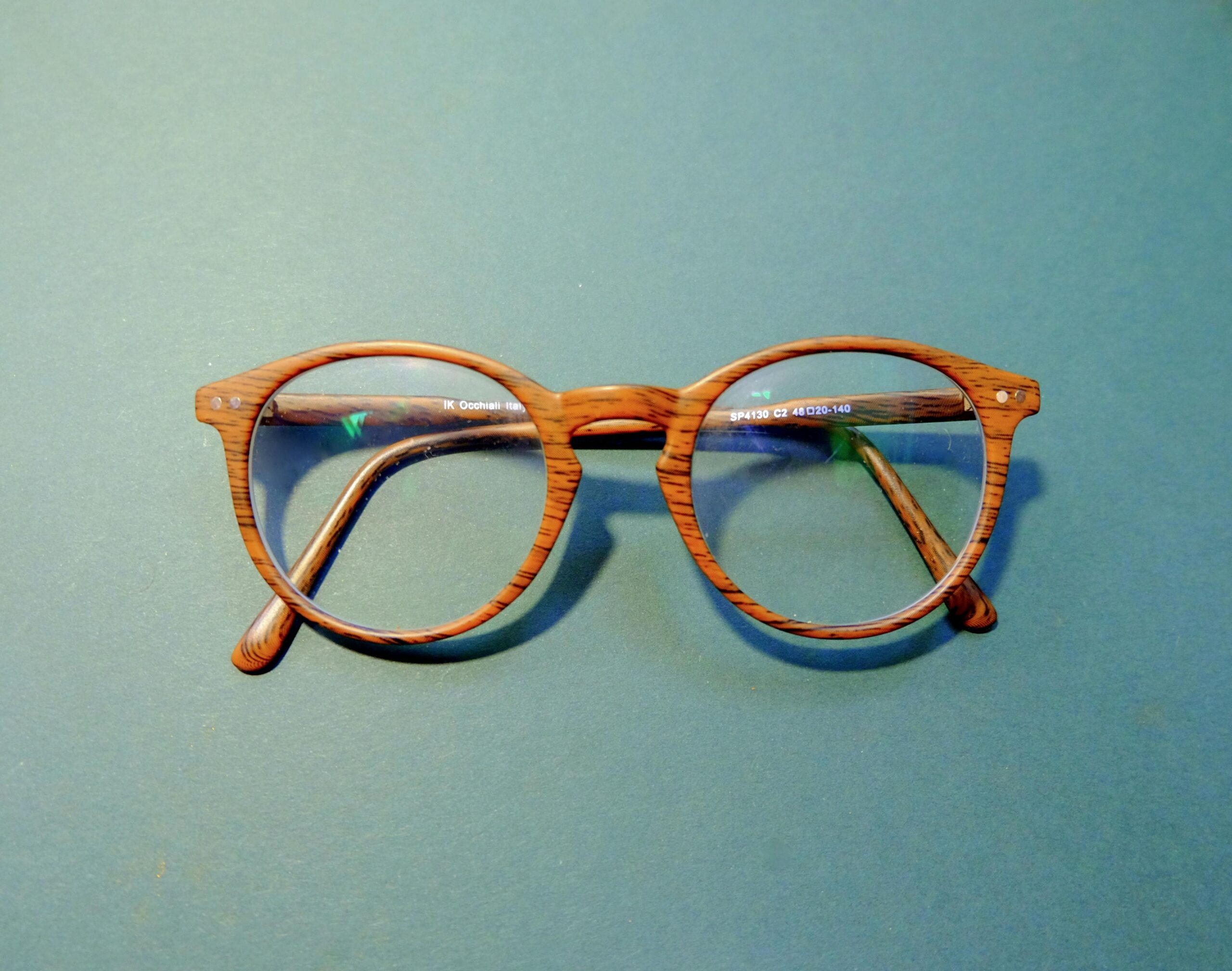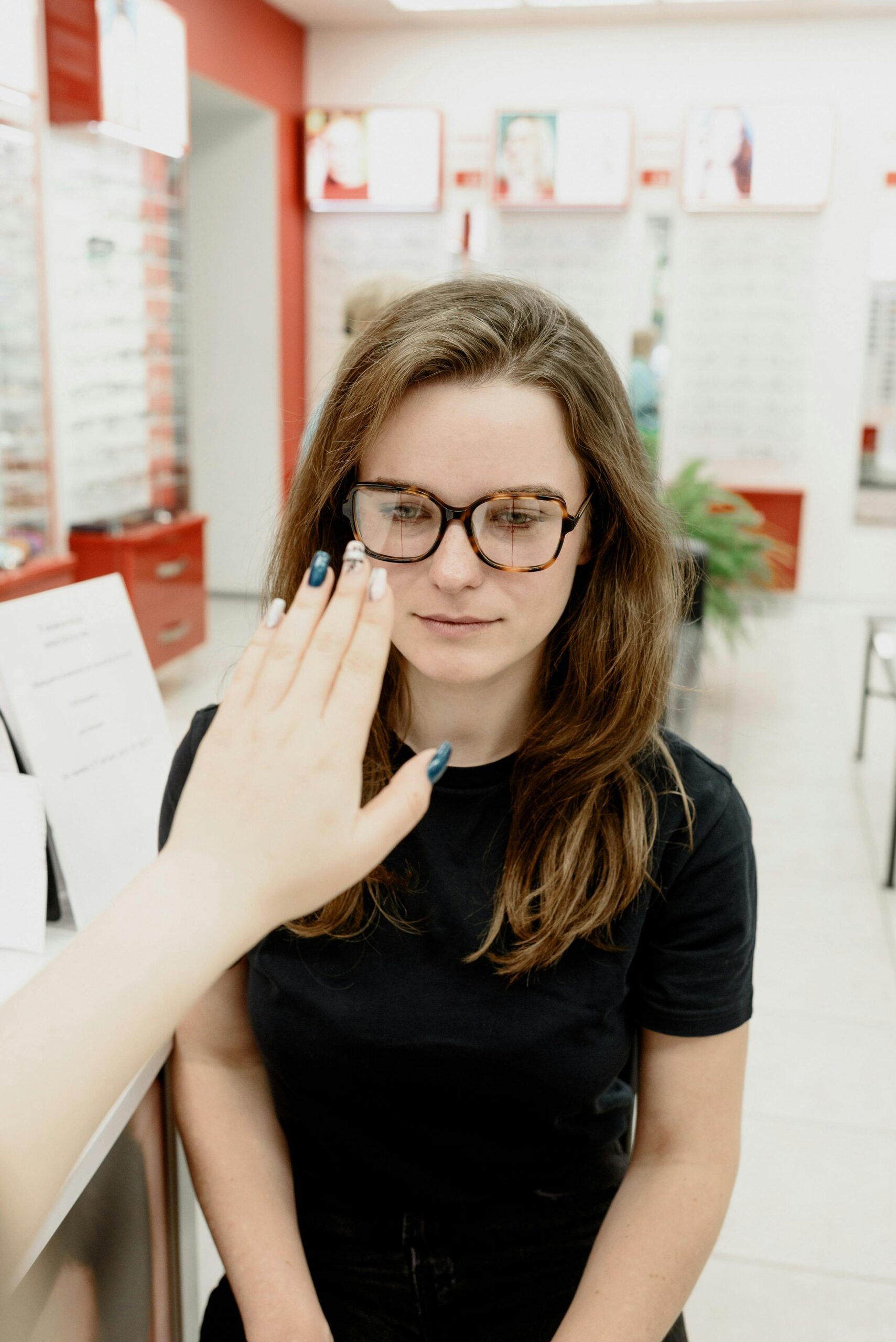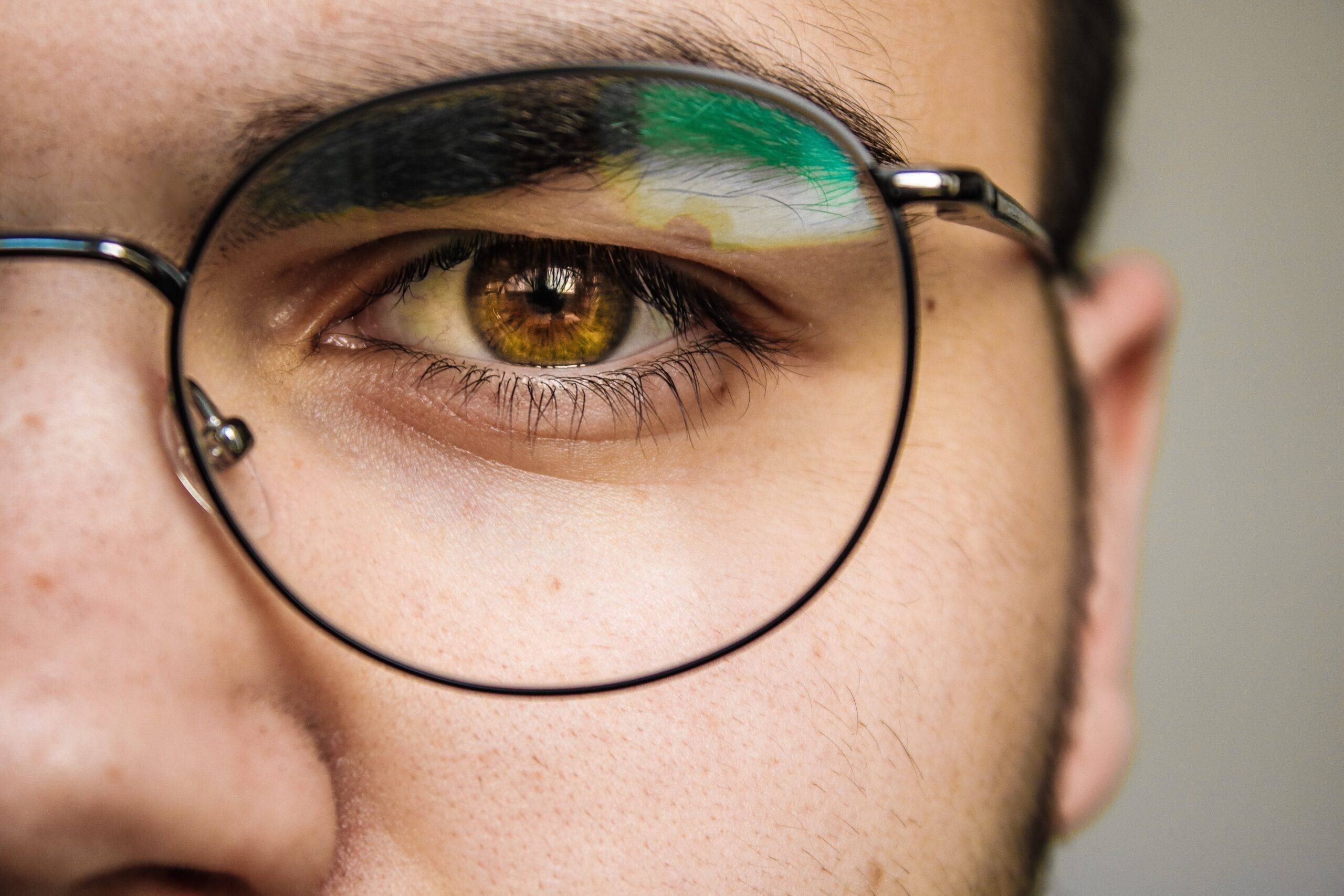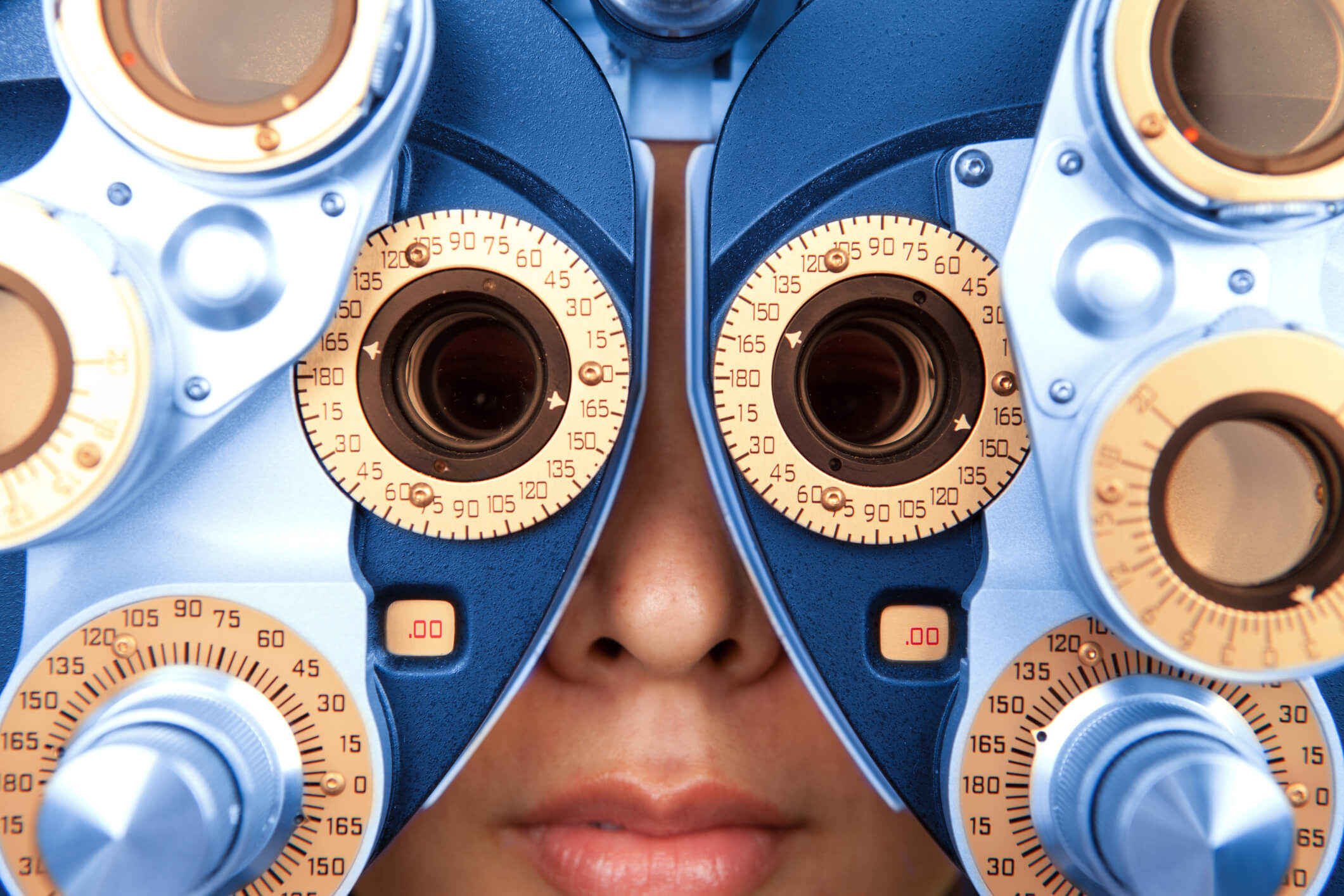Optical Shoppe
At Fisher-Swale-Nicholson Eye Center, our optical staff provides quality personal care and service. Our Opticians are highly knowledgeable, experienced, and they can suggest the best style of eyewear for your needs. At the Fisher-Swale-Nicholson Optical Shoppe, our experienced and trained Opticians guarantee their work, no exceptions!

At FSN Eye Center, we also offer a line of glasses for kids from the brands they love at affordable prices that parents love. For added peace of mind, if there are any damages, we will replace your little one’s frame and lenses twice within a year at absolutely no charge!
Stop in today to learn more about our Kids Package and to browse our full section of Kids’ frames!
Eyeglass Frames
At our Optical Shoppe, our opticians will ensure that your frame selection is comfortable and stylish, as well as compatible with your prescription. Our frames will appeal to your unique sense of style and your budget!
Our opticians work with lens and frame manufacturers from around the world as they are committed to staying current on the most technologically advanced lenses and the latest fashion trends. We are happy to order special sizes or colors for you.
Eyeglass Lenses
Now that you’ve found your perfect pair of frames, let’s find your perfect lenses! At Fisher-SwaleNicholson Eye Center, our Optical Shoppe has a wide variety of lens options to suit your needs!
Though there are basically four types of lenses used to correct vision, there have been many advancements in lens technology. Any of these lens styles can be made with Hi Definition/Digital technology in order to give you a wider, distortion free field of vision. These are considered to be some of the most important innovations in prescription lenses in the past 100 years!
A single vision lens has the same focal power (or magnification) from top to bottom and can be used for nearsightedness, farsightedness, as well as for correcting astigmatism. Single vision lenses are the most common lenses used and, for most first-time glass wearers, the first lenses prescribed. While you can purchase inexpensive ready-made single vision readers in most drug stores, they will not correct for astigmatism or in the case where your eyes have different corrective needs (e.g., one eye is a +1.50 and the other is a +2.00). Using readers, in that case, can cause additional eye strain problems.
A bifocal lens has two parts: the separate, very distinct lower portion designed for reading or close-up work and the upper portion containing a prescription for distance or even with no correction at all. Using bifocals allows a person to always leave their glasses on while retaining the ability to see at various distances
Much like the bifocal, the trifocal contains three separate and distinct levels of prescription, correcting for close-up work, a middle portion for intermediate distance, and the top portion for far distance.
Progressive lenses (like bifocals and trifocals) are used for people with multiple corrective needs such as close-up, distance, and middle distance. Unlike bifocals and trifocals, progressive lenses are true multi-focal lenses that allow a seamless progression from distance to near, with no lines or sudden jumps from one magnification to another. Thus, your eyes are allowed to focus in a more natural and comfortable manner. Progressive lenses are particularly useful for people who need both a strong power for reading as well as lesser visual assistance for a computer monitor that is slightly beyond a comfortable reading distance.
Lens Material
Most prescription lenses are made with either plastic (CR-39), hi-index, polycarbonate, or Trivex. Our optical staff will be happy to assist you and answer any questions about what material will be best suited for you!
Plastic Lenses
CR-39 is a plastic polymer that has been in use for optical lenses since 1947. CR-39 is lightweight and used more frequently in non-polarized prescription sunglasses because it absorbs tint more easily than polycarbonate. CR-39 is no longer the most popular lens material used because it chips more easily and is thicker than polycarbonate, making it unsuitable for rimless or half-rim frames. Using CR-39 lenses for a heavy prescription may lead to the thick “Coke bottle” look in many frames.
Hi-Index
These are much like CR-39 however they are much thinner and lighter in weight because they bend light faster. This means we can achieve your higher RX without the undesirable “Coke bottle” effect.
Polycarbonate
Polycarbonate lenses are also thinner and lighter than traditional plastic eyeglass lenses. Plus, they offer 100% ultraviolet (UV) protection (without any additional coatings) and are up to 10 times more impact-resistant than regular plastic lenses. Not only is polycarbonate lighter than CR-39 and glass, but it also will not shatter upon violent impact, making it the safest choice for sports or children’s glasses.
Trivex
Like polycarbonate, Trivex is a urethane-based lens which is cast-molded like a plastic-based lens for outstanding optical clarity, while retaining the thin and lightweight qualities (although marginally heavier) than polycarbonate. Trivex is an excellent choice for rimless (or drillmounted) glasses since it resists the small spider-cracks at the drilling points. Trivex is impact resistant and provides 100% UV protection.
Lens Treatments and Polarization
Lens treatments can provide additional comforts and benefits as well as improve the appearance and lifespan of your glasses. And just like lenses themselves, there have been many advancements in lens treatments through the years.
Notable advances in anti-reflective coatings include hydrophobic coatings which repel dust and fingerprints and add additional scratch resistance. They are also easier to clean.
Did you know there are also Blue-Blocking hydrophobic anti-reflective lenses that block or filter out harmful blue rays from electronic devices such as computers, smartphones, and tablets?
Lens coating options include anti-reflective, scratch-resistance, and ultraviolet protection:
- Anti-Reflective Coating. Anti-Reflective coating, also known as AR or anti-glare coating, is generally applied to the front and backside surface of lenses for the purpose of diminishing glare or reflections. If you drive at night, a good AR coating shrinks down glare or the star/halo effect from oncoming headlights while improving your night vision. An anti-reflective coating has also been proven beneficial when using a computer for extended periods of time by reducing glare from the monitor which, in turn, eases eyestrain. From a cosmetic standpoint, an anti-reflective coating reduces the shine and reflection off a high index lens, which tends to be brighter due to its thinness.
- Scratch Resistant Coating. A scratch-resistant coating, while not protective against deep scratches or gouging, can make your lenses more resistant to the fine scratches that come with day-to-day wear and even from cleaning them with something as seemingly soft as paper towels or napkins. We include scratch resistance with a scratch warranty on all our lenses, at no additional charge!
- Ultraviolet Coating. In much the same way that ultraviolet rays can damage your skin, ultraviolet rays are believed to be a contributing cause of cataracts and retinal damage. As noted above, polycarbonate, Trivex, and high index lenses provide natural 100% ultraviolet protection for your eyes. Plastic lenses provide minimal ultraviolet protection that can be increased to 100% protection with a clear ultraviolet-blocking dye.
- Polarized. Polarized is the gold standard in sunglasses. Why just tint your lenses when you can have crisper, clearer vision, reduced glare, and reflection? If you drive a lot, golf, enjoy outdoor activities, and/or water sports you can have remarkably better vision and less eye fatigue. Offered in G-15, Brown and Gray
- Transitions. Transitions are very convenient for someone who is frequently in and out of doors and does not want to keep changing glasses. These lenses will adjust from clear indoors to sunglasses when exposed to sunlight.
Lens tinting is an option but is limited to plastic lenses, Trivex, and some hi-index lenses. However, tinted lenses do not offer the glare reduction of polarized lenses.
Vision Insurance
Anagram is an online insurance assistant that helps healthcare providers and patients understand out-of-network vision insurance benefits, as well as submit your claim digitally, in a matter of minutes.
It allows us to help our patients maximize quality, convenience, and value from their vision benefits. And it allows us to focus on our patients.
You can utilize out-of-network vision insurance benefits in our optical shoppe as we are an open access provider.

Optical Shoppe at FSN Eye Center
If you, a family member, or a friend would like to learn more about our optical and eyewear
services or have questions about glasses from our optical shop in Bourbonnais, IL,
please call our opticians at (815) 932-2020 .






